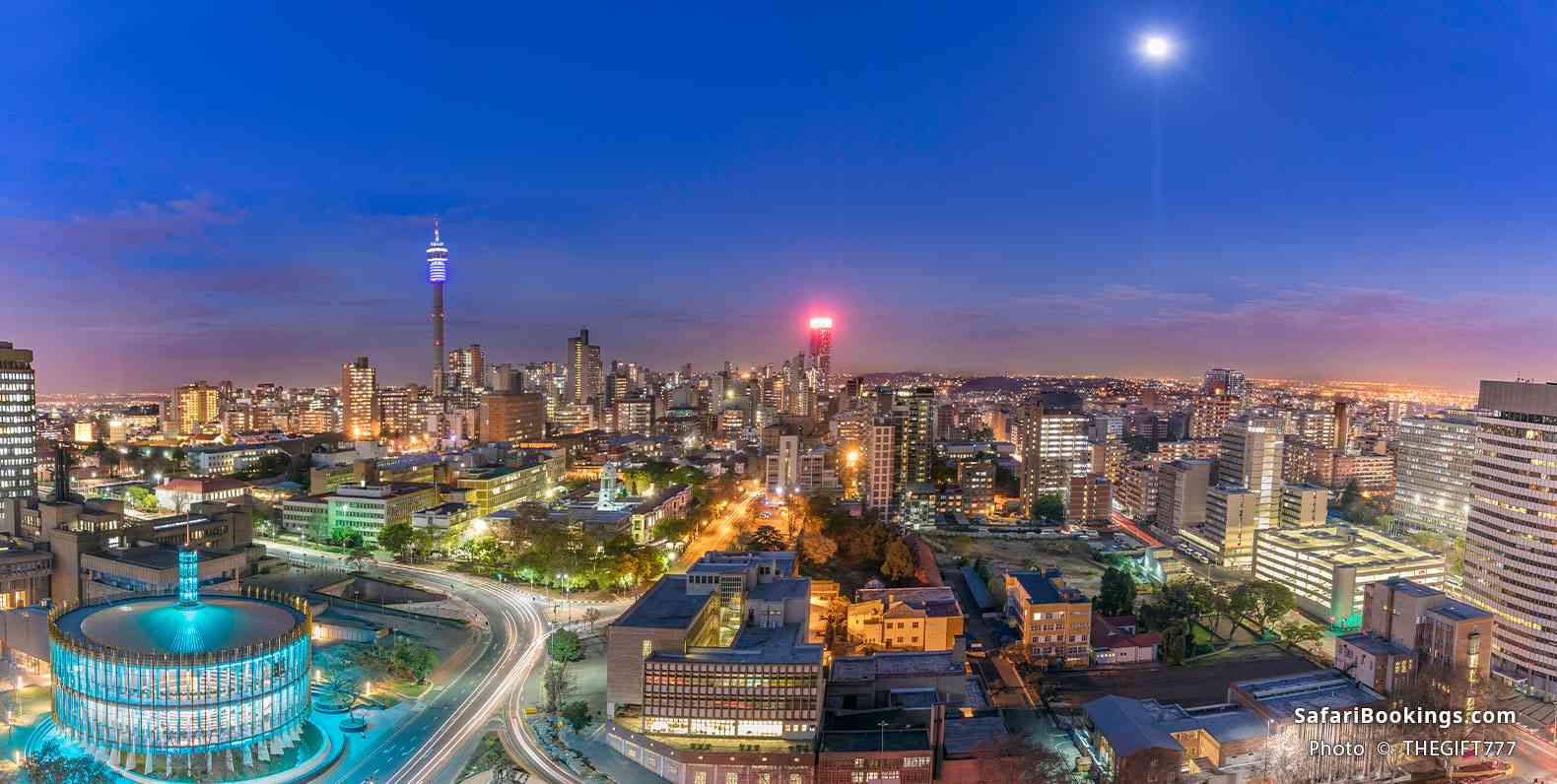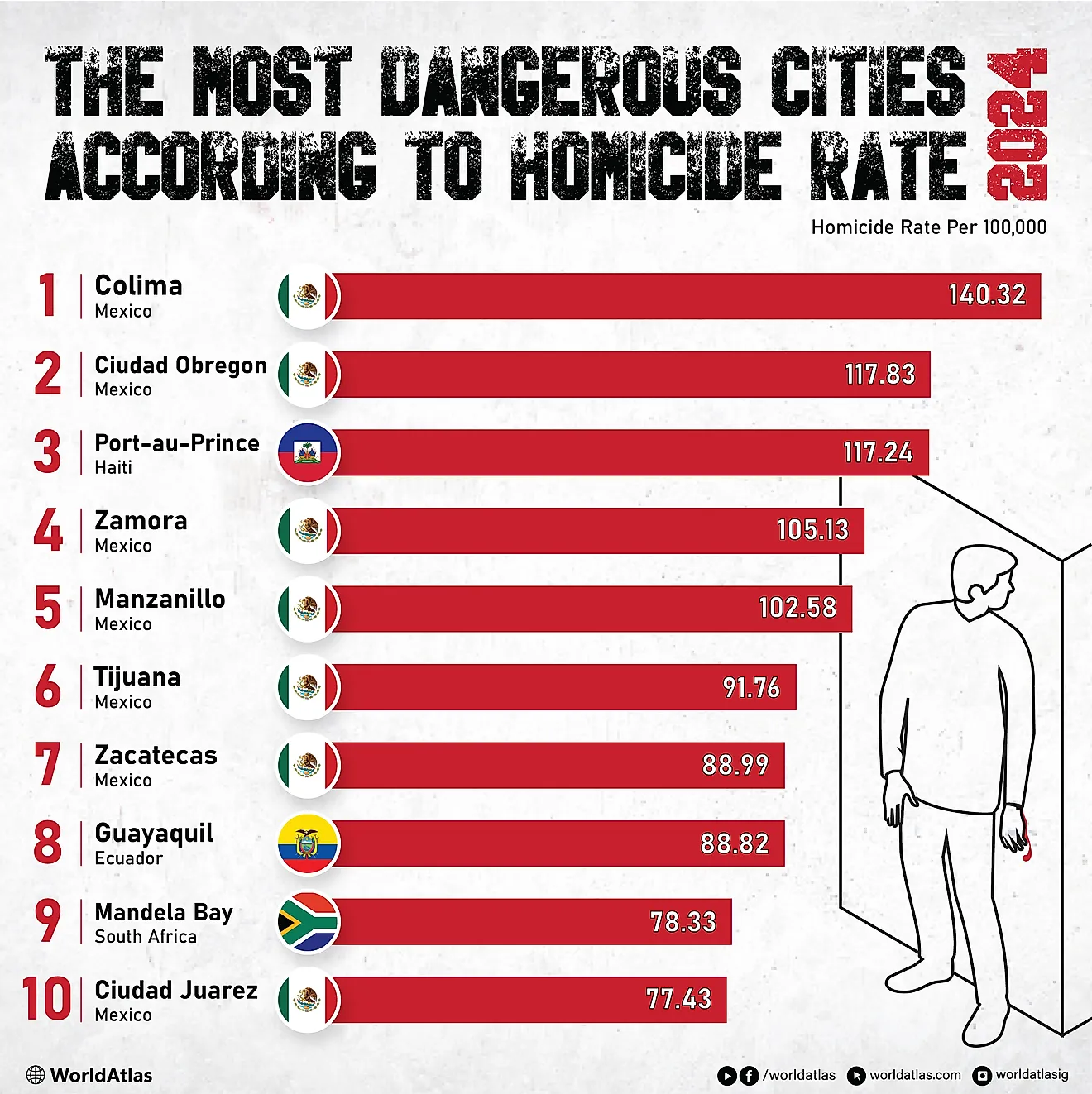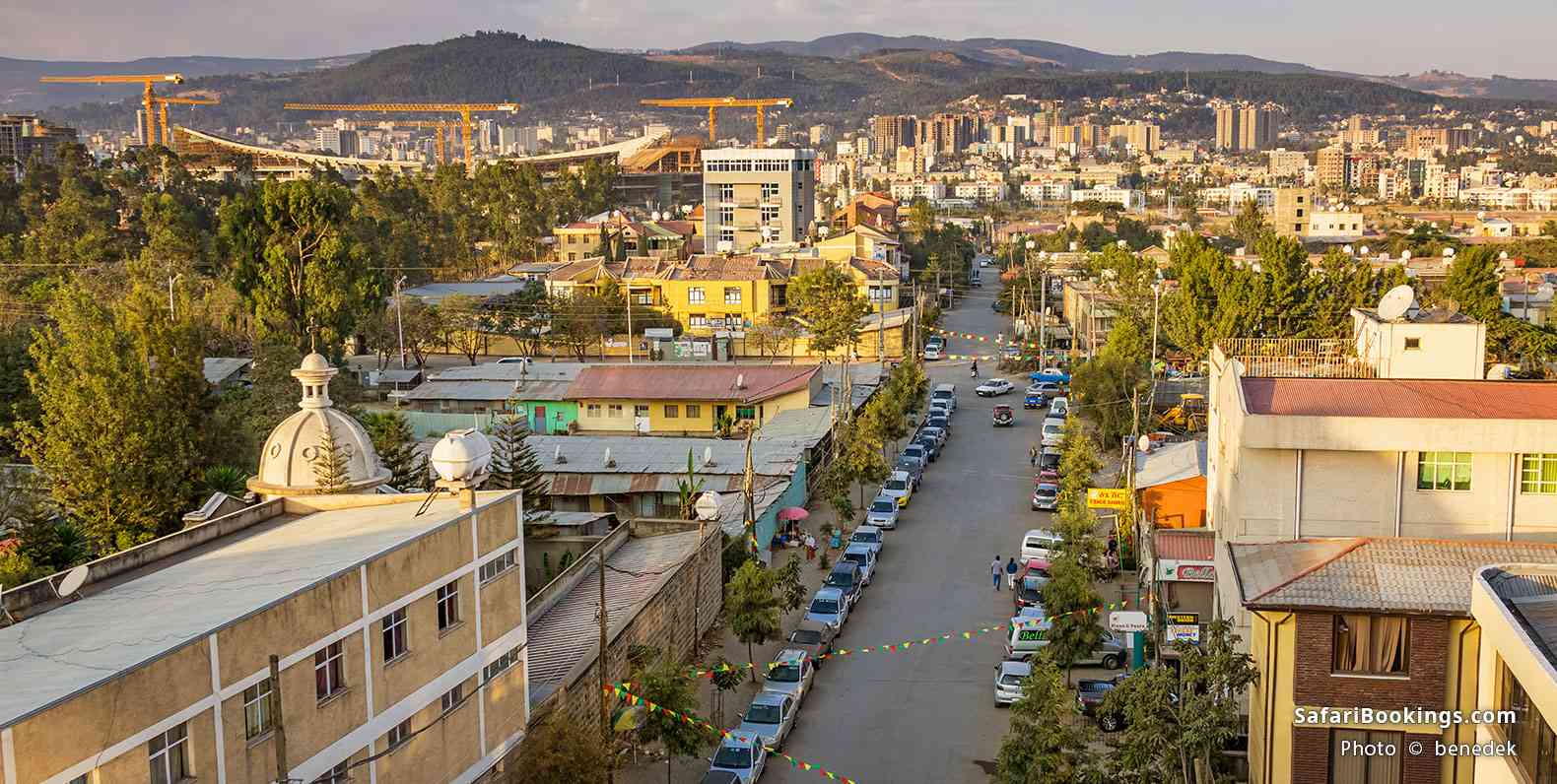Thinking about places, particularly big urban areas, and trying to figure out which ones might be described as less than ideal, or perhaps even at the very bottom of a list, can be a rather interesting exercise. When we talk about "worst cities in Africa," it's not just about pointing fingers or making harsh judgments. Rather, it’s about understanding what that description truly suggests, what qualities or situations might lead someone to use such a strong word. This idea of something being "worst" really holds a lot of different layers, you know, depending on who is doing the looking.
The word "worst" itself carries a particular weight, pointing to something that is, in a way, at the very lowest point on a scale of quality or appeal. It suggests a situation or an experience that is the least favorable or the most undesirable when compared to everything else in its group. It is, basically, the ultimate expression of something being not good, or perhaps even quite bad. So, when we apply this idea to cities, especially in a diverse place like Africa, we are talking about places that, for various reasons, might present the most difficulties or offer the least pleasant experiences, just a little.
Our goal here is to explore the real meaning behind calling a city "worst," drawing from the very definitions of the word itself. We want to look at what it means for something to be of the lowest standard, or the most challenging, without getting into specific names or situations. This approach helps us think about the general characteristics that might make an urban setting fall into this category, allowing us to understand the concept more broadly. It’s about the qualities that make a place feel like it’s at its lowest point, in some respects.
- Landlord Letter To Tenant Not Renewing Lease
- Fat People With Short Hair
- Highest Paid Plastic Surgeon In Los Angeles
- Norm Abram
- Paige Bueckers Dating
Table of Contents
- What Does "Worst" Truly Suggest?
- How Does "Worst" Compare to "Worse" in the Context of Worst Cities in Africa?
- When is a City Considered the Lowest Quality Among Worst Cities in Africa?
- Can a City Be the Most Unpleasant or Difficult Among Worst Cities in Africa?
- Exploring the Highest Degree of Bad for Worst Cities in Africa
- Understanding the Most Faulty or Unsatisfactory Aspects of Worst Cities in Africa
- The Superlative Form: What It Means for Worst Cities in Africa
- Perceiving the Most Unfavorable or Undesirable Qualities in Worst Cities in Africa
What Does "Worst" Truly Suggest?
When we use the word "worst," we are talking about something that hits the very bottom of a scale. It points to something that is, essentially, the most corrupt, the most problematic, or the most ill among all possible options. This word is not thrown around lightly; it signifies an extreme position, a point where things are as far from good as they can get. For instance, if you're thinking about various urban areas, the one described as "worst" would be the one where conditions are, apparently, at their absolute lowest. It’s a very strong way to put it, you know.
The core idea behind "worst" is about reaching the ultimate degree of something being bad. It’s about a situation, an object, or a state that is of the lowest possible quality. This might mean something that is the most unpleasant to experience, the most difficult to deal with, or the most severe in its shortcomings. It’s a description that leaves little room for anything better within that particular group. So, if we apply this to the general idea of cities, it suggests a place where the conditions are, in some respects, at their most challenging or least appealing, really.
The word "worst" also means something that is most faulty or most objectionable. It’s about something that is the least satisfactory when compared to everything else. This implies a significant lack of something good or a presence of many undesirable elements. It’s the opposite end of the spectrum from something excellent or outstanding. When we consider the potential characteristics that might make a city fit this description, we are looking at places where things are, perhaps, fundamentally broken or deeply disappointing in their overall setup. It's a rather stark label, that.
- Whats Blippis Real Name
- All Time Great Catchers
- Lil Uzi Vert Net Worth
- Love Is Blind Jessica Height
- Encouragement African American Wednesday Blessings
How Does "Worst" Compare to "Worse" in the Context of Worst Cities in Africa?
It is quite interesting to look at how "worst" stands apart from "worse." The word "worse" is what we call a comparative form. It means "more bad." We use it when we are making a direct comparison between two things. For example, you might say one city is "worse" than another city if it has more problems or offers fewer benefits. It sets up a direct side-by-side evaluation, pointing out which of the two is less desirable. This is a very common way we talk about things, in a way.
On the other hand, "worst" is known as the superlative form. This means "most bad." It is used when we are talking about something that stands at the very bottom of a group of three or more things. It’s not just "more bad" than one other thing; it is the absolute lowest quality among all the options being considered. So, if we were to consider a collection of urban areas, the one labeled "worst" would be the one that, apparently, presents the most challenges or has the lowest quality overall, compared to every single other one. It's the ultimate low point, basically.
To put it simply, "worse" helps us compare one thing against another, showing which one is less good. "Worst," however, points to the single item that is the absolute lowest in quality, desirability, or difficulty within an entire group. It’s the ultimate degree of being bad or ill. So, when someone speaks of the "worst cities in Africa," they are not just comparing two places; they are suggesting that these specific urban areas represent the very lowest standard among all the places they are considering. It's a pretty strong statement, you know.
When is a City Considered the Lowest Quality Among Worst Cities in Africa?
A city might be considered of the lowest quality when its various aspects, taken together, fall significantly short of what is generally expected or desired. This can touch upon many different parts of city life. Think about the basic services, for instance. If access to clean water is consistently difficult, or if public transportation is virtually nonexistent, these things can contribute to a perception of low quality. It’s about how well the urban environment serves the people who live there, in some respects.
Moreover, the idea of "lowest quality" can also relate to the overall living conditions. This might include things like the state of housing, the cleanliness of public spaces, or the availability of essential resources. If these elements are consistently poor or lacking, it can certainly lead to a city being seen as offering a very low standard of living. It’s not just one thing, but rather a combination of many factors that contribute to this overall impression. It’s a bit like a puzzle, where all the pieces fit together to show a picture of what life is like, really.
Another way to look at "lowest quality" is through the lens of opportunity and well-being. If there are very few chances for people to find work, or if health services are almost entirely absent, these conditions can lead to a city being labeled as "worst" in terms of its quality of life. It’s about the basic ability for people to thrive and live with a sense of dignity. So, when we talk about cities being of the lowest quality, we are often talking about places where these fundamental needs are not adequately met, or are perhaps even severely lacking. It's a serious matter, that.
Can a City Be the Most Unpleasant or Difficult Among Worst Cities in Africa?
Absolutely, a city can be perceived as the most unpleasant or difficult, and this often comes down to the daily experiences of its residents. Unpleasantness might stem from a range of issues, such as constant noise, significant air pollution, or a general lack of green spaces where people can find a bit of calm. These are the kinds of things that can make everyday life feel quite burdensome and reduce overall contentment. It's about the atmosphere, you know, how a place feels to be in, day in and day out.
Difficulty, on the other hand, often relates to the challenges people face in simply getting by. This could involve issues like heavy traffic congestion that makes getting around nearly impossible, or a lack of reliable infrastructure that complicates even simple tasks. If basic services are constantly interrupted, or if the cost of living is extremely high compared to average incomes, these factors can make a city incredibly difficult to navigate for its inhabitants. It's a bit like trying to run a race with many obstacles in your path, basically.
Moreover, the feeling of unpleasantness or difficulty can also arise from a sense of insecurity or a lack of social cohesion. If people don't feel safe, or if there's a general feeling of unease, this can significantly impact their perception of their urban environment. It’s about the human experience within the city walls, and how supportive or challenging that experience turns out to be. So, yes, a city can certainly be described as the most unpleasant or difficult if it consistently presents these kinds of significant hurdles to its residents. It's a rather personal measure, that.
Exploring the Highest Degree of Bad for Worst Cities in Africa
When something is described as "bad in the highest degree possible," it means it has reached the very peak of undesirability. This isn't just a little bit bad; it's the absolute extreme. Applied to cities, this could mean that problems are not just present, but are widespread and deeply ingrained, affecting almost every aspect of urban existence. Think about situations where the challenges are so pervasive that they seem to define the very character of the place. It's a very intense way to describe something, that.
This "highest degree of bad" might manifest in various ways within an urban setting. For instance, it could refer to an almost complete breakdown of public services, where essential utilities are unreliable or entirely absent. It might also point to a situation where public safety is severely compromised, making daily life precarious for residents. These are conditions that go beyond mere inconvenience; they suggest a fundamental failure in the city's ability to provide a basic, functional environment. It's a bit like a system that has completely stopped working, you know.
Furthermore, the idea of "highest degree of bad" can also relate to the overall prospects and opportunities available. If a city offers virtually no avenues for economic advancement, or if its social structures are severely fractured, it can be seen as profoundly problematic. It's about a place where the general outlook for its people is grim, and where the challenges seem insurmountable. So, when we talk about a city being "bad in the highest degree possible," we are referring to a place where the problems are, apparently, at their most extreme and impactful, really.
Understanding the Most Faulty or Unsatisfactory Aspects of Worst Cities in Africa
To describe something as "most faulty" or "most unsatisfactory" means that it has the greatest number of defects or fails to meet expectations more than any other option. In the context of a city, this could mean that its infrastructure is significantly flawed, with roads that are crumbling, buildings that are unsafe, or systems that simply don't work as they should. It’s about a consistent pattern of things going wrong or not living up to a basic standard. This points to fundamental issues, you know, things that are deeply problematic.
The "most unsatisfactory" label often arises from a widespread sense of disappointment among residents. This might be due to a lack of maintenance, poor planning, or simply a failure to deliver on promises. If public amenities are consistently neglected, or if the overall urban design creates more problems than solutions, people will naturally feel let down. It's about the gap between what a city could be and what it actually is, particularly when that gap is very wide. It's a feeling of being let down, basically.
Consider, too, how the "most faulty" description might apply to the operational aspects of a city. This could involve inefficient administrative processes, corruption that hinders progress, or a general lack of accountability from those in charge. These are the kinds of systemic issues that can make a city function poorly, leading to a host of problems for its inhabitants. So, when we speak of a city being "most faulty" or "most unsatisfactory," we are often talking about places where the underlying systems are, in some respects, deeply flawed, or perhaps even broken, really.
The Superlative Form: What It Means for Worst Cities in Africa
The superlative form, "worst," is a powerful descriptor. It means something is bad in the highest degree possible, the absolute extreme. When we apply this to the idea of "worst cities in Africa," it means we are talking about urban areas that, by some measure, stand at the very bottom of the list. It's not just a little bit bad; it's the absolute lowest quality, the most difficult, or the most unpleasant among all the cities being considered. This word is meant to convey an ultimate position, you know, a final judgment on a comparative scale.
Using "worst" implies that a thorough evaluation has taken place, and among all the options, one particular city or group of cities has emerged as having the most significant drawbacks. It's about identifying the one that is "most bad" in terms of its overall conditions, services, or living experience. This could be due to a combination of factors, such as very poor infrastructure, significant social challenges, or a general lack of opportunities. It’s the city that, apparently, consistently scores lowest across a range of important criteria.
The superlative nature of "worst" also means it's about the ultimate comparison. It’s the end point of a negative spectrum. It suggests that if you were to rank all cities from best to worst, the ones labeled "worst" would be right there at the very bottom. This doesn't necessarily mean there's no hope for improvement, but it does highlight the extreme challenges present. So, when this term is used, it points to urban environments that are, in some respects, facing the most profound difficulties, or perhaps even exhibiting the lowest quality of life possible, really.
Perceiving the Most Unfavorable or Undesirable Qualities in Worst Cities in Africa
Perceiving a city as having the "most unfavorable" or "most undesirable" qualities often comes down to how its characteristics impact the daily lives and long-term prospects of its inhabitants. Unfavorable conditions might include a severe lack of economic prospects, making it very hard for people to find work or build a stable future. It could also refer to environmental factors, like extreme pollution or a scarcity of natural resources, that make living there consistently challenging. These are the kinds of things that make life harder, you know.
Undesirable qualities, on the other hand, might relate more to the general experience and appeal of a place. This could involve a lack of cultural amenities, limited recreational opportunities, or a general feeling of stagnation. If a city offers very little in terms of personal growth or enjoyment, it can quickly become an undesirable place to live for many. It’s about what people seek in an urban environment versus what they actually find there, particularly when there is a significant mismatch. It’s a bit like a place that just doesn't offer much, basically.
Ultimately, when a city is seen as having the "most unfavorable" or "most undesirable" qualities, it means that, across a range of important aspects, it falls short in ways that significantly affect its residents. This is about the overall experience of living there being consistently negative, or perhaps even profoundly challenging. It points to a place where the conditions are, in some respects, at their lowest point in terms of what people would want or need from an urban setting. It's a rather comprehensive judgment, that.
Related Resources:



Detail Author:
- Name : Marie Boehm
- Username : hassie.wiegand
- Email : federico14@yahoo.com
- Birthdate : 1978-05-04
- Address : 794 Pollich Parkway Carrollport, MI 34485-4295
- Phone : 1-772-388-0984
- Company : Kuhic, Schoen and Grant
- Job : Drywall Ceiling Tile Installer
- Bio : Error a pariatur qui sequi. Aliquid asperiores eum dolorem mollitia eos modi. Voluptatibus et quo molestiae et earum non delectus. Expedita asperiores sint quia qui.
Socials
instagram:
- url : https://instagram.com/kayli_turcotte
- username : kayli_turcotte
- bio : Iure a sunt quis rem. Omnis dolore corporis nam molestiae.
- followers : 5318
- following : 1899
twitter:
- url : https://twitter.com/kayli_xx
- username : kayli_xx
- bio : Quas et quia sed consequuntur. In et sed porro dolores debitis nihil quas eos. Numquam voluptatem quo beatae.
- followers : 2973
- following : 1344
tiktok:
- url : https://tiktok.com/@kayli.turcotte
- username : kayli.turcotte
- bio : Aut pariatur aut quia odit error. Libero dicta nam eius autem nisi.
- followers : 4688
- following : 1933
linkedin:
- url : https://linkedin.com/in/turcotte1995
- username : turcotte1995
- bio : Voluptatem beatae quod ratione magnam.
- followers : 5805
- following : 1879